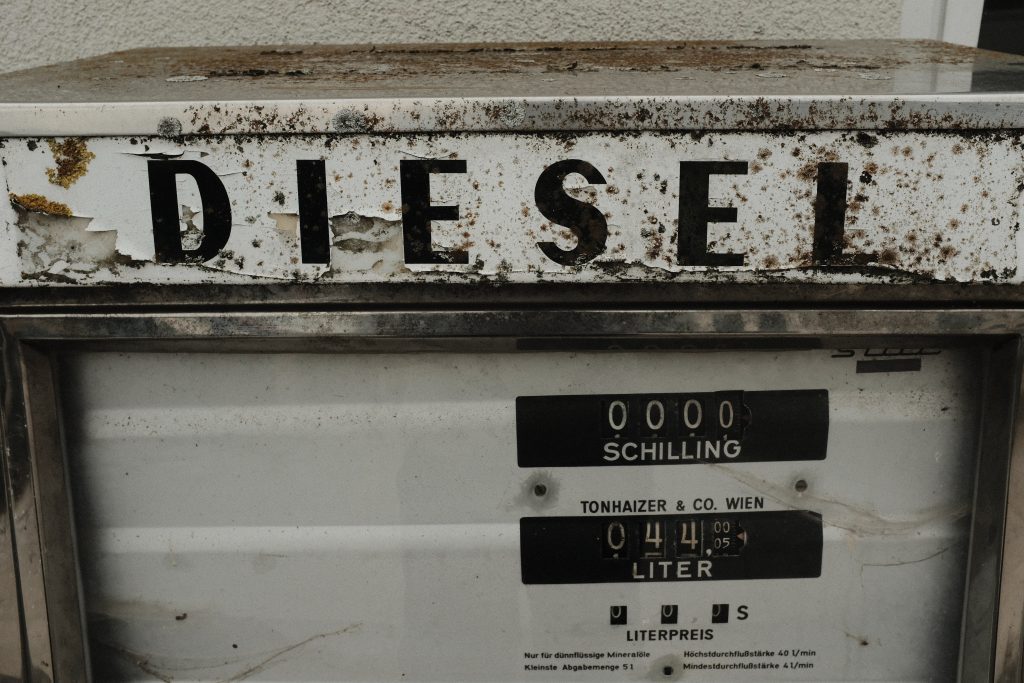The development of biofuels has plenty of research and success behind it, which is good news for the transportation industry as well as the health of the planet. Transportation is a major contributor to climate change, accounting for 29% of total anthropogenic greenhouse gas (GHG) emissions in the U.S. as of 2017, according to the Environmental Protection Agency (EPA). That number encompasses emissions from personal cars, commercial trucks, aircraft, railroads, and more. Yet it’s important to note that “light-duty” vehicles are the primary source of transportation sector-based GHG emissions.
To help mitigate the issue and reduce national emissions levels, various solutions have been proposed, with biofuels leading the pack. Biofuels have been found to not only help minimize transportation-related emissions but also to make recreation more efficient, at least where diesel vehicles are concerned. What’s more, pure biofuels are both non-toxic and biodegradable and burn cleaner than traditional, petroleum-based fuel.
The Importance of Minimizing Our Daily Impact
It’s interesting to note that, despite technological advancements in the biofuel sector (including recombinant DNA technology,) biofuels have been in existence for more than a century. One of the most vocal proponents of biofuels, in fact, was Rudolf Diesel, and his legacy lives on in the modern commercial vehicle industry, which primarily runs on diesel fuels. Diesel was a German engineer, and his namesake engine was a product of years of research and failed experimentation. In 1897, Diesel finally perfected an internal combustion engine that was much more efficient than the common steam engine.
Three years later, Diesel demonstrated his engine’s capabilities to curious onlookers at the World Exhibition in Paris, powering it with peanut oil. Unfortunately, it soon became clear that petroleum-based fuels were more cost-effective, and air pollution became the name of the game within the transportation industry for decades. With the passage of the Clean Air Act in 1970, the promise of biofuel was once again thrust into the national limelight, along with the need to reduce harmful emissions.
As previously mentioned, the transportation industry is a contributing factor towards climate change, the costs of which are significant. It’s estimated that most individuals will shell out around $126,000 over the course of their lifetime towards damages from climate change. Yet society’s cost is arguably much higher: climate change is negatively impacting the quality of the air we breathe, lowering the quality of life on a global scale.
Modern Tech and Biofuels
We’ve known for a long time that biofuels may help curb the effects of climate change and significantly reduce air pollution overall. And the promise of biofuel isn’t just a novel idea spawned by the counterculture — the U.S. government understands the scope of the situation as well. “Burning biodiesel produces lower levels of most air pollutants than petroleum-based diesel fuel,” writes the U.S. Energy Information Administration.
Today, however, biodiesel had evolved well beyond the simple vegetable oil fuels of yesteryear. Recombinant DNA technology has recently entered the equation, with exciting results. Using recombinant DNA technology, scientists combine DNA molecules from two different species and then insert that new DNA into a host organism. While recombinant DNA tech has potential applications in a number of industries, the principle has already been used in the realm of biofuels.
In 2015, for example, a team of researchers in Texas developed a mutant yeast strain that could be used in biochemical production. The augmented yeast cell, yarrowia lipolytica, has an enhanced ability to convert simple sugars into lipids, which are essentially the building blocks of biofuels. The development has been referred to as “a stepping stone toward sustainable and renewable production of fuels, such as biodiesel.”
Diesel Vehicles: At the Forefront of the Biofuel Revolution
It’s impossible to say whether Rudolf Diesel could have envisioned the ways in which his engine would evolve over time. But it’s impossible to deny the importance of the diesel engine in the fight against climate change. In commercial sectors, owners and fleet managers can eschew traditional diesel fuel in favor of biofuels, which require no conversion prior to use. Higher demand for biofuels will ensure that further research into biofuel tech continues well into the future.
On the home front, innovative homesteaders and do-it-yourselfers can take their commitment to biofuels even further by making biodiesel at home. While it’s not necessarily a simple process, it’s a rewarding endeavor that’s also good for the planet as a whole. Swapping out traditional gas-guzzlers for vehicles with diesel engines may also get us closer to keeping the negative effects of climate change at bay.
Final Thoughts
In recent years, scientists and policymakers have recognized the vast potential of biofuels, as well as the exorbitant cost of climate change. By merging the problem of air pollution with the potential solution in biofuels, we may ultimately see major economic job growth and the reduction of harmful emissions.

 Alternative Energy HQ solar power for homes, wind energy, and bio fuel issues
Alternative Energy HQ solar power for homes, wind energy, and bio fuel issues







